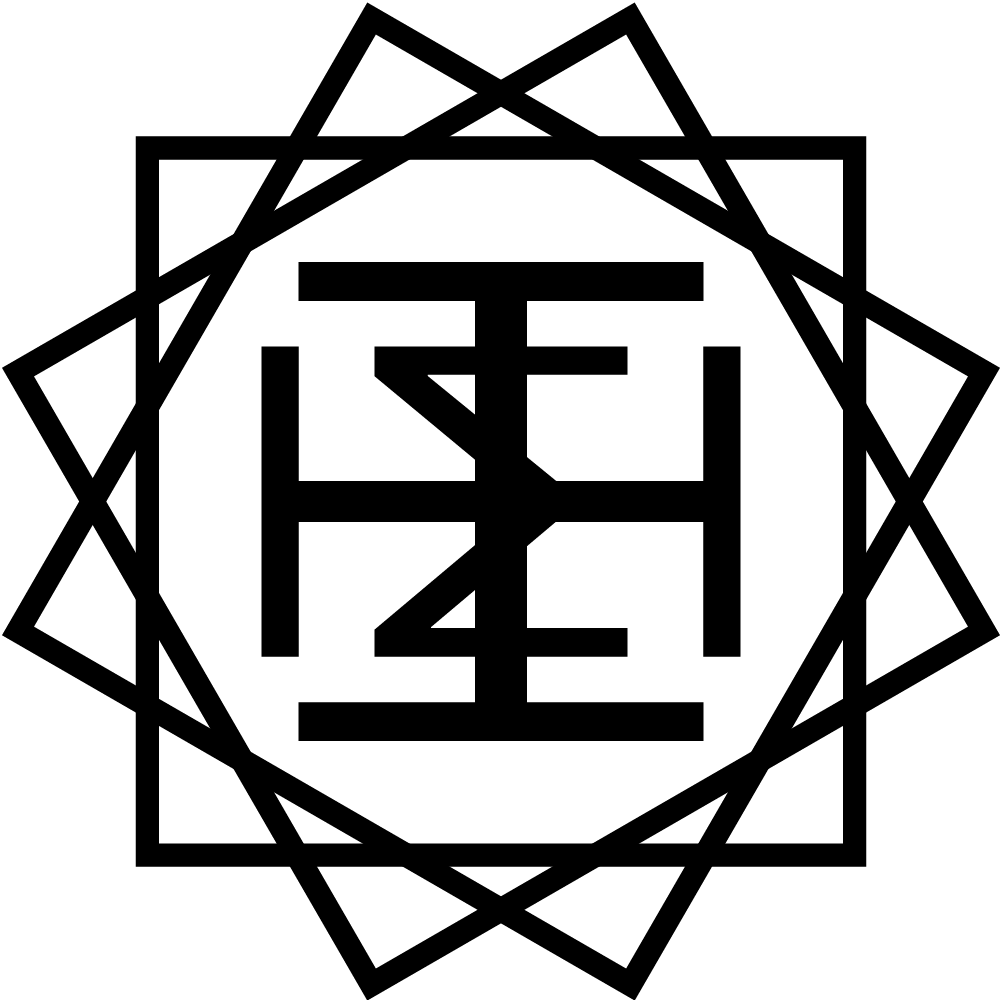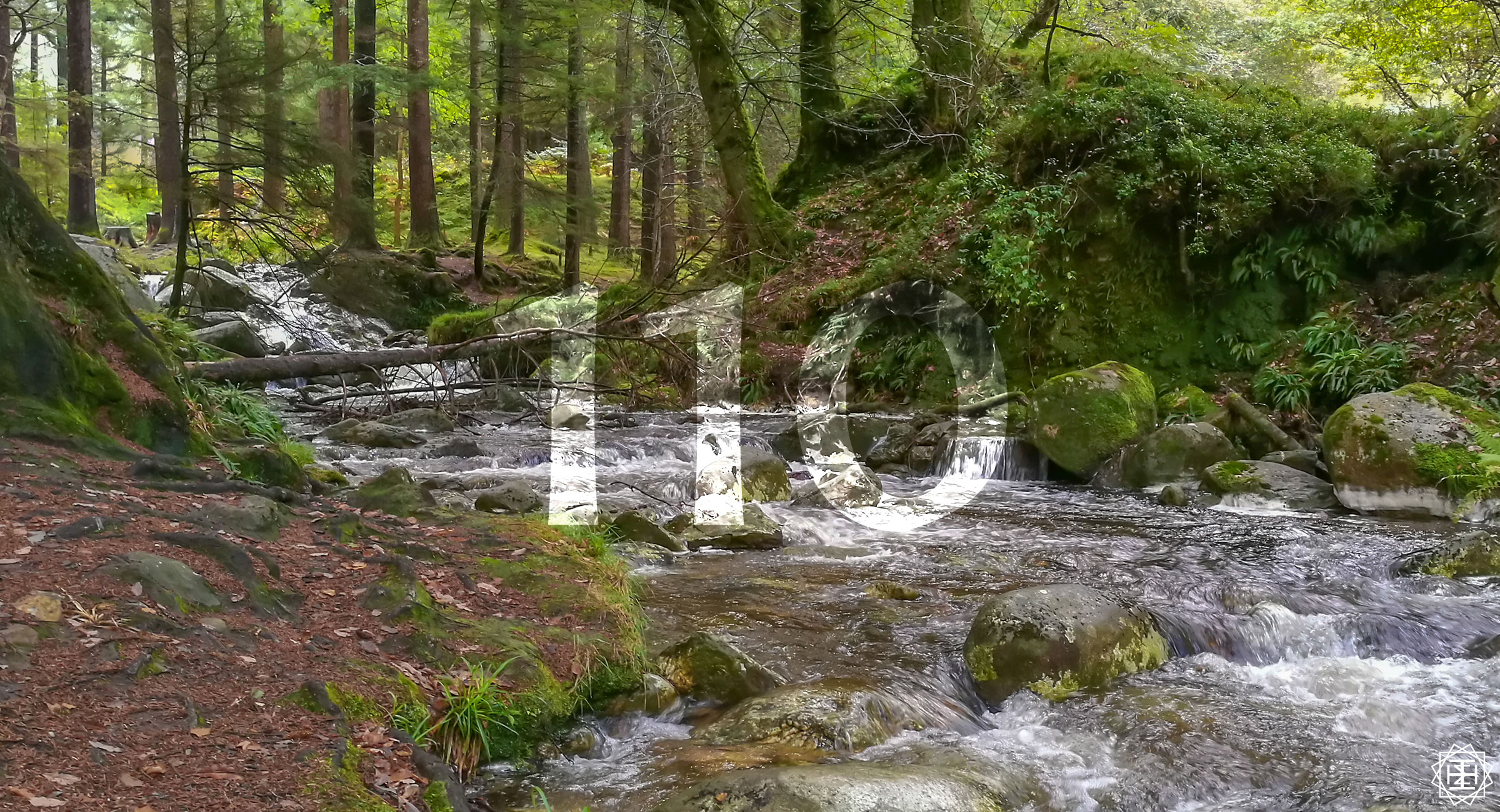Messiah, King, & Priest – Translating Psalm 110
What a wonderful first psalm to translate and prepare for our breviary. It does not take much imagination to see hints and glimmers of Jesus in these words of David. Much of the imagery Jesus shared about himself. He told us that he was going to sit at the right hand of the Father in heaven, and here we have a lord sitting at the right hand of the Lord.
We have decided to start with this psalm. Our goal is to do the translation work needed to support our praying of the office. Currently, we are meeting together monthly to pray Vespers. In preparing for our next time of prayer together this psalm was the first included in that office. This is because it falls on the second week of the schedule, and so it includes psalms 110, and 115.
Psalm 110
Messiah, King, & Priest
1The Lord says to my master, *
"Sit at my right hand,
and I will make your enemies *
into a footstool for your feet."
2From Zion, the Lord will extend your mighty scepter's reach, saying, *
"Rule in the midst of your enemies."
3On the day of your power, your people will follow you, †
in your holy splendor, *
"With the breaking of dawn, your youth comes to you like the dew."
4The Lord swore an irrevocable oath, *
"You are a priest always, in the order of King Melchizedek."
5On your right is my master, *
who will crush rulers on the day of his wrath.
6[He will judge the nations, filling them with corpses, *
and crushing many rulers across the earth.]
7He will drink from the brook along his way; *
therefore he will lift up his head.
Starting out the psalmist paints this wonderful setting for us. There are two Lords with the more powerful one speaking to the other. In our translation we opted to translate YHWH (יְהוָה) as ‘Lord’ and the other individual as ‘master’ to help with clarity to the readers and listeners of the psalm.
From here the Lord is laying the groundwork for what is to come. That the mighty scepter (a symbol of a monarchs rule and kingdom) will spread because of the Lords work. The three lines of dialogue we have marked are all spoken from the Lord to the master.
First we see the instruction to rule in the midst of their enemies. The second line of dialogue is a promise that their youthful vigor will find them fresh in the morning as they lead the people. The final line of dialogue comes as a promise – an irrevocable oath – that he is a priest like Melchizedek.
Melchizedek appears for three verses in chapter 18 of Genesis as Abraham interacts with him. What is most noteworthy is that he is a person to be both a Priest, and a King. At the time of David there was a strict separation of roles with the priesthood coming from the tribe of Aaron. This is quite particular since neither David, Solomon, or any of the kings to follow would occupy this duel role highlighted here.
Resting with the Third Verse
The third verse of this psalm is the one that gave me the most trouble. There is just so much happening and the source texts give us a lot of space to explore and wrestle.
3On the day of your power, your people will follow you, †
in your holy splendor, *
"With the breaking of dawn, your youth comes to you like the dew."
There is a sense I got from the LXX that the day of your power (ἡμέρᾳ τῆς δυνάμεώς σου) being the context for everything else taking place. There is a messianic sense to it. That this day will establish the master and their kingdom. That the people are following the master because their day of power as come.
The line of dialogue in this verse I struggled with, and was greatly helped by the French translation Segond 21. The Greek, Latin, and Hebrew were giving me so much confusion. How does the morning, youth, birth, and dew come together. If you survey other English translations there is no consensus there either. So when I read the French – « du sein de l’aurora, ta jeunesse vient à toi comme une rosée » (“From the bosom of dawn, your youth comes to you like dew”) it clicked. That as dawn breaks on that day, the master will find their youthfulness restored as dew appears on the grasses of the field. I found the imagery of the breaking of dawn, the first glimmers of sunlight to race across the earth, and revealing the dew as it shimmers and glistens. This is probably my favorite line of the psalm.
In addition, there is a building of roles that is happening in verses 2-4. The psalmist starts with the royal imagery of the scepter and a call to ‘rule’ over people in verse two. Following in verse three we see this shift into a priestly vocation. There is power coming from holy splendor. These two different roles and vocations are then brought together in verse four.
The Last Three Verses
With verse five we find ourselves again seeing our master to the right of the Lord, and we continue to build out the imagery of that day of power. The master will crush rulers on that day.
The verse six is suppressed when prayed during the office. For good reason. We should not – in light of the person and sacrifice of Jesus – fill nations with corpses, and grind the heads of rulers into the earth. Jesus shows us that this is not the way of his Kingdom through his words and actions.
The last verse tells us how this master is sustained. That along the way there is running water which will refresh and uplift his spirit. That his head will rise up as his thirst is quenched.
In Line with our Values
I understand that one of my choices in translating this psalm is to minimize the possible militant nature of some of the imagery. Some other versions translate ‘people’ in verse two as ‘troops’ with a strong military sense throughout. There are other points that I intentionally chose to minimize violence where it was not explicit in the source texts. It is interesting to note that in the Nova Volgata there is also no mention of these troops (nor in the French versions I referenced which either excluded them like the Volgate or used ‘people’ like we have done). I cannot help but wonder if the embedded imperialism of the anglo-western world has not clouded the mind of other translators.
As I read this psalm I see the work being done as that of the Lord (YHWH). That it is his might/strength being extended through the scepter. That yes, the master needs to go and claim the land, but it begs the question of who is the one who would clear the path for the master in the land. In our dialog we see that the Lord will make the footstool, and simply calls the master to rule in the midst of his enemies. By choosing to focus on the priestly elements of the psalm I believe we may be tapping into a longing of king David. To not need to fight, to see the Lords power and might extend over the nations in their midst.
Selecting a Title
There is a Latin title given to this psalm of “Messias Rex & Sacerdos”. This title translated into English is what we have gone with: “Messiah, King, & Priest”. It does capture the duel role focus of this leader well (King and Priest). The messiah role is less visible in the text directly. We can see it in this individual who will save their people from their enemies. With christological eyes we see allusions to Jesus who was yet to come but would be high priest, our eternal Christ the King, and the Messiah of all creation.
Initial Translation Finished 9 April 2021
Notes
Translations for Urban Monastic are open to refinement and improvement. This has been translated. Yet, this is a reminder that no translation is ever complete. Cultures change, languages change, we better understand the source texts and languages, and adapt them as they get used in context. We will continue to refine and enhance our translations. If you are interested in helping, please let us know!
Photo Credit
Jordan Prins taken 15 October 2016 at Glendalough in Wicklow, Ireland.


